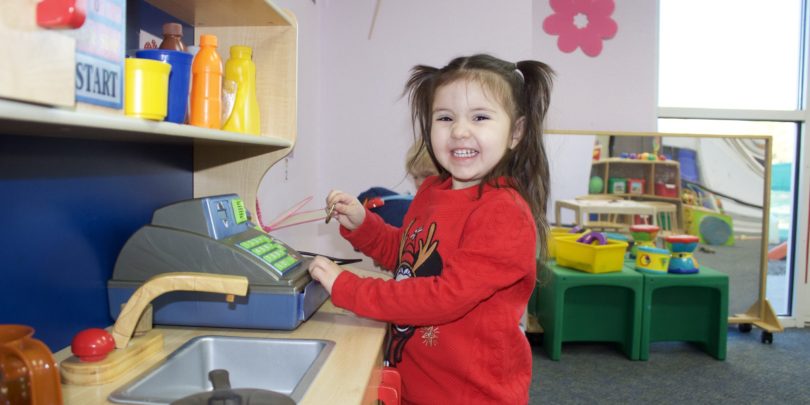
Your child is acting out, struggling in school, or isn’t meeting milestones on time. They may not be able to tell you what the issues may be themselves, so you turn to professionals for answers. After multiple consultations and tests, you learn that your child has a developmental disability. Now what?
Because there’s no single blood test or scan to explain your child’s behavior, a developmental disability diagnosis can be complex – but not impossible to navigate. Here are seven things to do after your child is diagnosed.
- Advocate for your child. It’s possible that your child has a condition you know very little about, leaving you with a lot of questions. It’s essential that those questions get answered so you can make informed decisions about your child’s care and accommodations. Have open, honest conversations with your clinician, and don’t be afraid to seek a second opinion.
- Act early. The sooner you enroll your child in special education services, the better. LifeROOTS’ early intervention program is designed to develop a child’s physical, cognitive, communication, and social skills between birth and age three.
- Make a plan. If your child is in school, work with a counselor, teacher, or another specialist to draw up an individualized education program (IEP) for them. An IEP usually outlines the special education instruction, support systems, and services your child will need to progress and thrive in the classroom and beyond.
- Encourage independence. Allowing your child to explore their own interests will build their skill set and self-esteem. Activities such as scouting, sports, and music groups encourage a critical sense of belonging. Just keep their age, attention span, and abilities in mind.
- Practice self-care. Sometimes caregivers could use a little caring-for themselves. You have to put on your own mask before assisting others, which is why it’s essential that you practice self-compassion as you process your child’s diagnosis.
- Join a support group. You may find it helpful to connect with other families who are in similar situations. Join a parent support group, or start your own! That way, everyone can benefit from getting together and sharing their experiences.
- Be patient, be hopeful. Every child learns and grows at their own pace. While it’s natural to jump into fix-it mode, allow them the time and space they need to make meaningful progress.
Our expert team at LifeROOTS offers individualized programs and services that can help children with developmental disabilities thrive and reach their fullest potential. Please contact us for more information at (505) 314-8520 on any of our children’s services, including our early intervention sessions, therapy programs, and educational play groups – and see how we can help.
